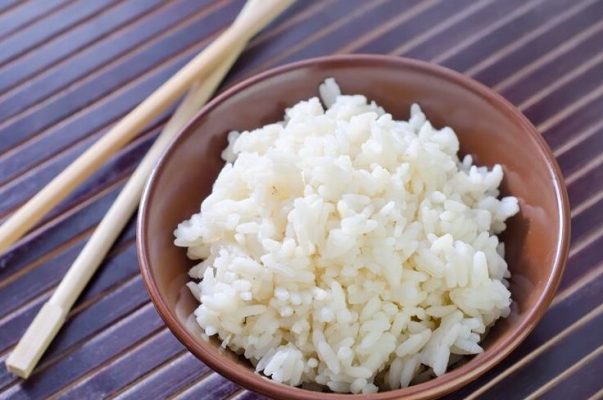Alimentation saine
Pourquoi le riz blanc est-il appelé le "roi de la malbouffe" ?
Pourquoi le riz blanc est-il appelé le "roi de la malbouffe" ?
Je pense que beaucoup de gens ont déjà entendu dire que le riz est le pire aliment de base, et même de nombreuses personnes choisissent de ne pas manger de riz pour sauver leur vie. Le riz est-il vraiment aussi mauvais qu'on le dit ?

La raison pour laquelle le riz est considéré comme le pire aliment de base est étroitement liée à son indice glycémique (IG)>80. Après avoir pénétré dans l'organisme, ces types d'aliments peuvent provoquer une augmentation de la glycémie, ce qui ne convient pas aux personnes qui doivent contrôler leur consommation de sucre et qui en consomment de grandes quantités.
Le riz blanc ayant un indice glycémique élevé, peut-il conduire au diabète ?
Une méta-analyse publiée en 2022 a révélé que la consommation quotidienne de 300 g de riz pourrait constituer un seuil. En fait, la consommation supplémentaire de 158 g de riz dans cette fourchette augmente le risque de diabète de type 2 de 13%.
Toutefois, ce résultat ne convient pas aux personnes vivant à la campagne. Trois des quatre études nationales incluses dans l'étude ont montré qu'il n'y avait pas de relation entre la consommation de riz blanc et l'apparition du diabète de type 2.
À cet égard, les chercheurs pensent que cela est lié au fait que les compatriotes mangent du riz avec de la viande, des légumes, des fruits de mer et d'autres aliments, ce qui ralentit l'augmentation du taux de sucre dans le sang. Il n'est donc pas vrai que la consommation de riz entraîne le diabète chez les compatriotes.
Le riz est très important pour la santé. L'absence à long terme d'aliments de base tels que le riz peut entraîner des troubles métaboliques et, dans les cas les plus graves, affecter le fonctionnement normal du cerveau.
Étant donné que le glucose contenu dans le riz pénètre dans l'organisme et est décomposé en glucose, qui est la principale source d'énergie de l'organisme, une carence à long terme peut entraîner une alimentation insuffisante du cerveau, ce qui se traduit par des symptômes tels qu'une diminution de la mémoire et des retards de réaction.
Si le riz doit être consommé, il doit l'être de manière contrôlée. Il est recommandé de choisir du riz à gros grains et d'éviter de le cuire trop mou et pâteux. Lorsque vous mangez, mâchez lentement pour ralentir le rythme du repas, en le gardant rassasié aux alentours de 7%, ce qui est bénéfique pour retarder l'augmentation postprandiale de la glycémie.


